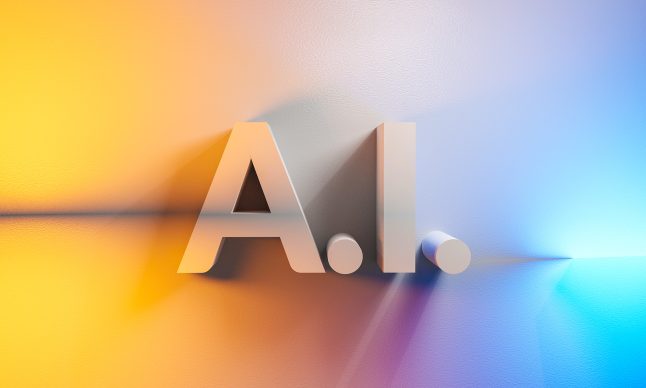
What transforms lectures into lessons learnt? Participation, perhaps. Small twists such as inviting students to provide short-written responses would allow for personalized learning in many ways, as suggested by Professor David Carless, Associate Dean (Learning and Teaching) in the Faculty of Education, and Dr. David Pomfret, Chairperson of the Department of History. They gave a seminar on this subject on December 1st, 2015.
In Dr. Pomfret’s history class, students were prompted to write short responses to one question each time. For example,
· “What nation do you think you belong to? Why?”
· “Which do you think is more valuable – history in history books or history in movies?”
These questions invite personal participation and reflection, and are associated with issues to be addressed in the next class, where a summary of the graded responses would be presented by way of a springboard for discussions. The rewards of such a practice are manifold: it enables students to quickly connect learning materials with their personal experiences; and their participation keeps them motivated throughout the semester. Teachers may also gauge common prior knowledge (or misconceptions, sometimes) among students in a timely manner through students’ submissions. In other words, short-written responses facilitate closing the feedback loop in learning.
At the seminar, some teachers suggested inviting students to post their responses on online platforms such as Moodle as it is much faster, and allows everyone in class to view their peers’ submissions. That’s certainly one quick and easily doable way. However, if the teacher would like to have anonymous feedback, an audience response tool such as Mentimeter might serve the purpose better. Would you like to give it a try?








